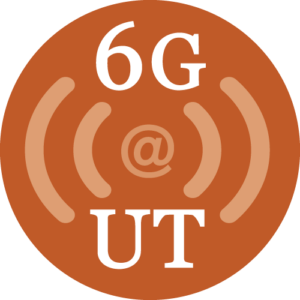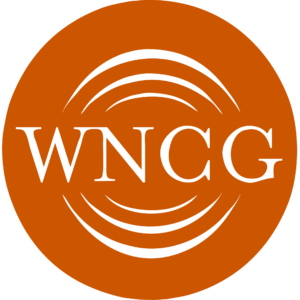July 2024: As GPS service is threatened by spoofing and jamming, many modern day operations dependent on it are being threatened as well. As reported by the New York Times, in the last year over 60, 000 commercial aircraft have been victims of GPS spoofing. Our dependence on GPS and GNSS in general spans from emergency services like ambulances, communications with cell phones, and many other modern day services. Despite the importance of the service GPS provides us, the U.S. “has no civilian backup system” for it.
According to the article, the U.S. is lagging behind competing GNSS systems by replacing the aging satellites slowly while other countries develop “newer alternatives.” Europe’s Galileo system authenticates its signals. China’s Beidou system has the most satellites, and the country has built land-based infrastructure meant to support their system, but also act as a backup. “A U.S. backup plan was proposed a decade ago but never took off. New American technologies are in development but could take years before they are widely adopted.” For more on this, visit the article here.
The RNL has already found that a major source of spoofing in the Middle East is an Israeli air base with a speculated main purpose of disrupting Hamas rockets, but also affecting commercial flights in the region. According to another New York Times article, “the Israeli military declined to comment” when asked about it. As spoofing becomes more prevalent, some regions are more affected than others, like the Middle East, or the Baltics. For more visit the article here.












